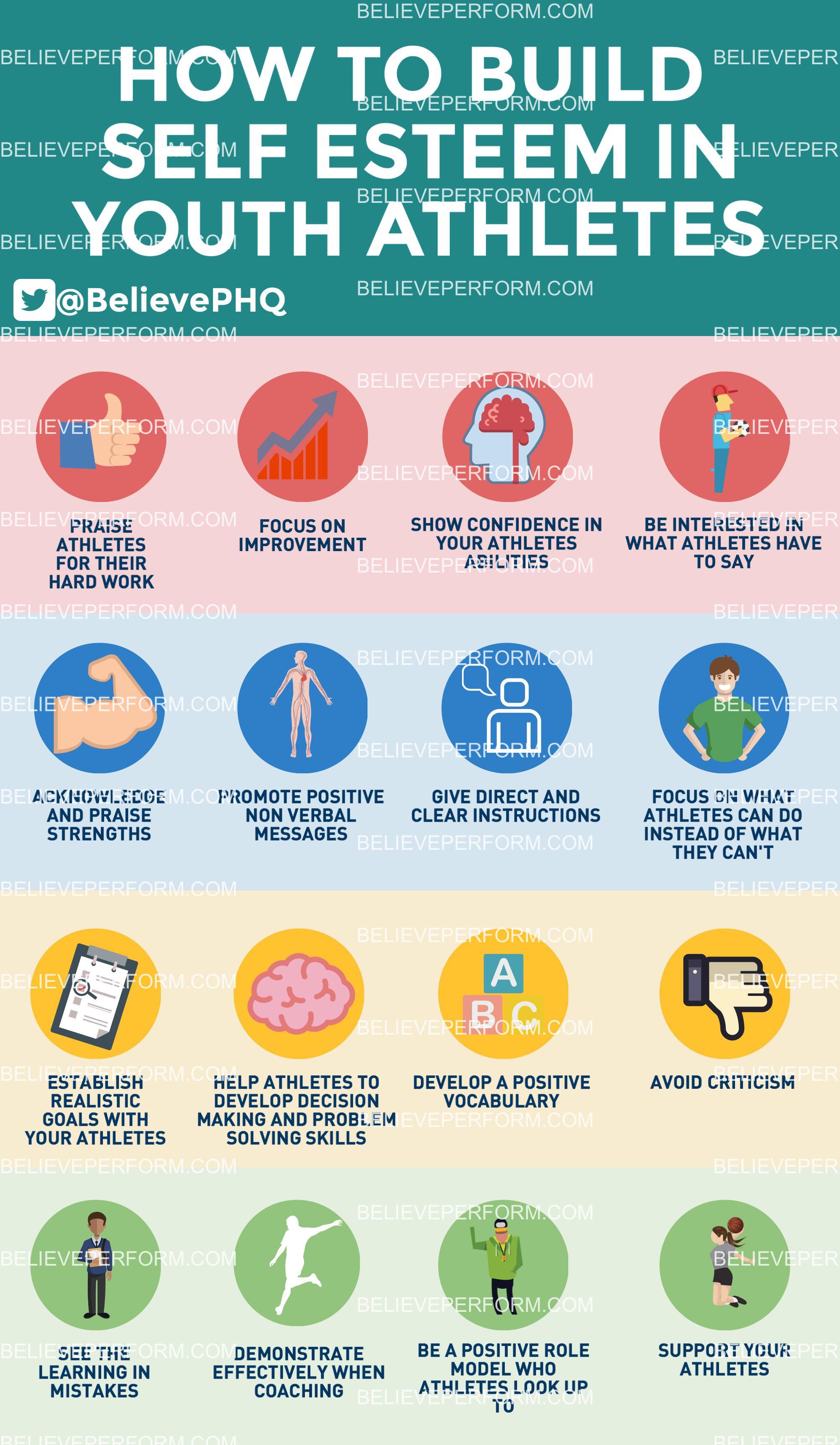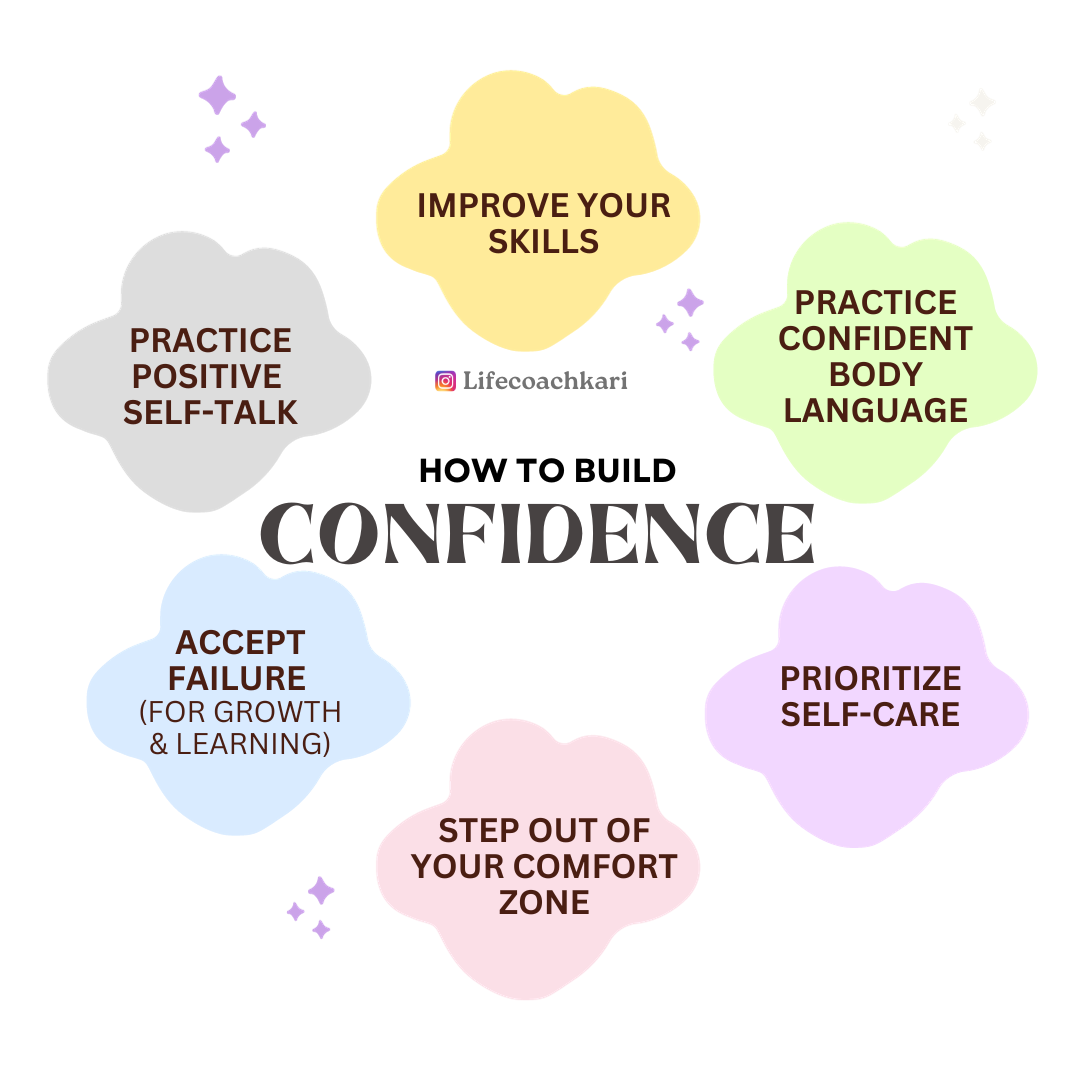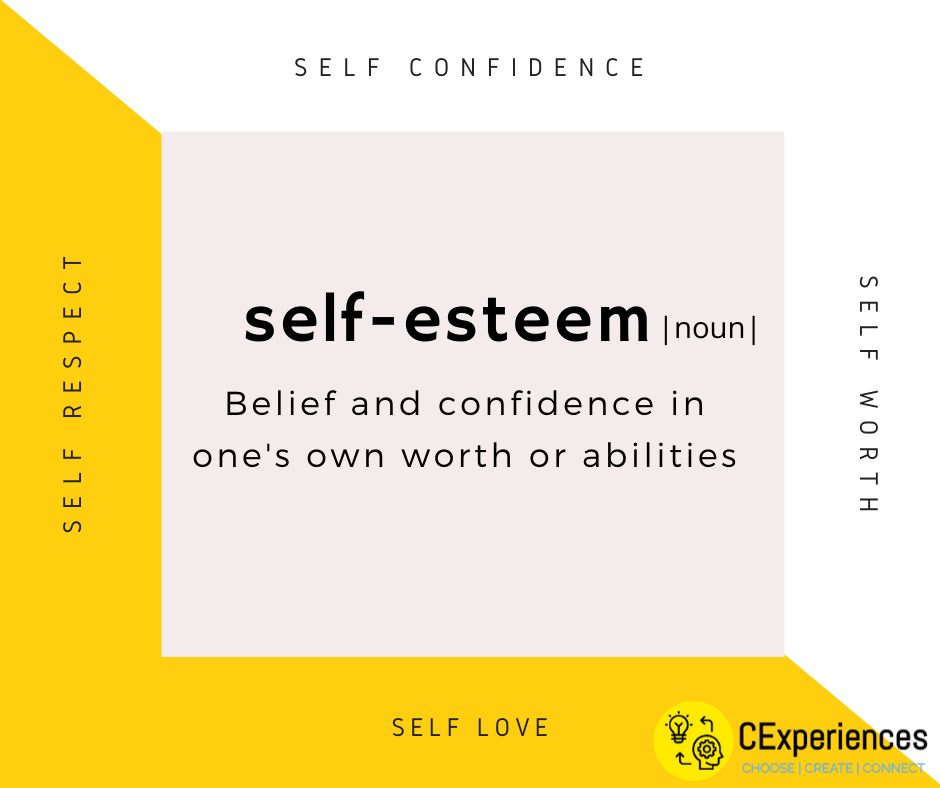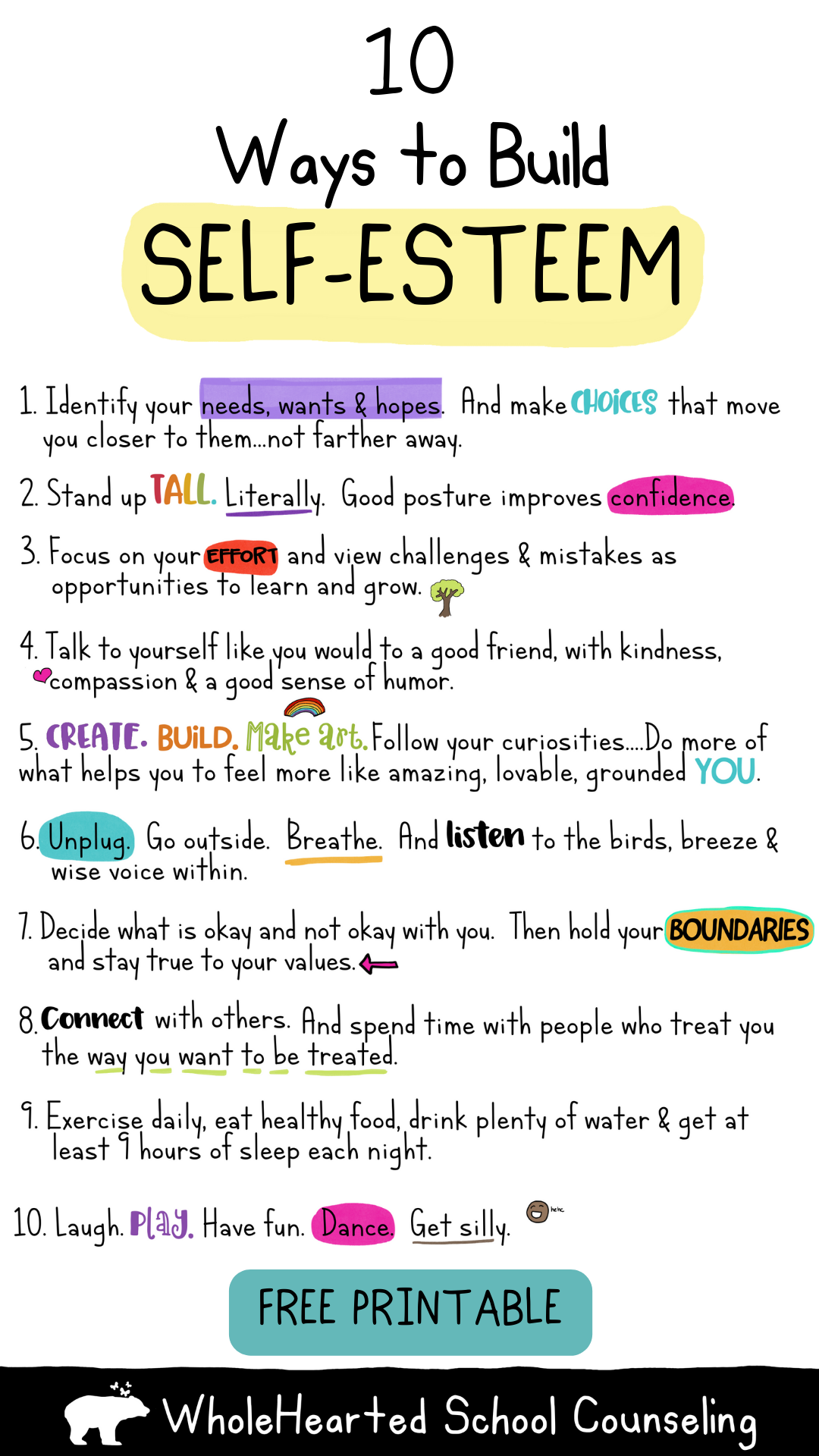Building Confidence And Self Esteem

In a society often driven by external validation, the cultivation of inner strength and self-worth is gaining increasing recognition. Initiatives aimed at fostering confidence and self-esteem are emerging across various sectors, from education to corporate training, reflecting a growing understanding of their pivotal role in individual well-being and societal progress.
The ability to navigate challenges, embrace opportunities, and build meaningful relationships hinges significantly on a strong sense of self. These programs are not just about feeling good; they're about equipping individuals with the psychological resilience necessary to thrive in an increasingly complex world.
The Rise of Confidence-Building Programs
Educational institutions are integrating social-emotional learning (SEL) into their curricula. This is to cultivate self-awareness, self-regulation, and social skills from a young age. These programs often incorporate activities that promote positive self-talk, goal setting, and problem-solving, laying the foundation for healthy self-esteem.
Workplaces are also recognizing the importance of employee well-being and investing in confidence-building workshops. These initiatives aim to create a supportive environment where individuals feel valued, respected, and empowered to contribute their best.
Key Components of Effective Programs
A recurring theme in successful confidence-building initiatives is the focus on identifying and challenging negative thought patterns. Cognitive Behavioral Therapy (CBT) techniques are often employed to help individuals reframe their thinking and develop a more positive outlook.
Another crucial aspect is the development of assertiveness skills. Individuals learn how to communicate their needs and boundaries effectively, fostering healthy relationships and preventing feelings of resentment or exploitation.
Goal setting and achievement also play a vital role. Breaking down large goals into smaller, manageable steps allows individuals to experience a sense of progress and build momentum, reinforcing their belief in their abilities.
Impact and Challenges
Research suggests that individuals with higher self-esteem are more likely to pursue their goals, persevere through challenges, and experience greater overall satisfaction with life. A study by the American Psychological Association found a strong correlation between self-esteem and academic achievement.
One of the main challenges lies in reaching individuals who may be most vulnerable and underserved. Accessibility to these programs and resources is often limited for marginalized communities and those facing financial hardship.
Another obstacle is the pervasive influence of social media, which can contribute to negative self-comparison and unrealistic expectations. Combating these pressures requires promoting media literacy and critical thinking skills.
A Human-Interest Angle
Sarah Miller, a participant in a confidence-building workshop at her workplace, shared her experience. "I used to dread speaking up in meetings, fearing that my ideas weren't good enough," she said. "But after learning techniques to manage my anxiety and practice assertive communication, I feel much more confident in my abilities. Now, I actively participate and contribute to the team's success."
This testimonial highlights the transformative potential of these programs in empowering individuals to overcome their fears and unlock their full potential. Ms. Miller emphasized the importance of creating a safe and supportive environment where individuals feel comfortable taking risks and learning from their mistakes.
These are some of the many anecdotal reports that highlight these programmes are indeed useful.
The Path Forward
The growing emphasis on confidence and self-esteem reflects a broader shift towards prioritizing mental health and well-being. By investing in initiatives that promote inner strength and resilience, societies can foster a more empowered and engaged citizenry.
Continued research and innovation are needed to develop more effective and accessible programs tailored to the diverse needs of different populations. Collaboration between educators, employers, and community organizations is essential to create a comprehensive support system.
Ultimately, the journey towards building confidence and self-esteem is a lifelong process. By cultivating a culture of self-acceptance, compassion, and empowerment, we can create a world where individuals are equipped to thrive and reach their full potential.


















